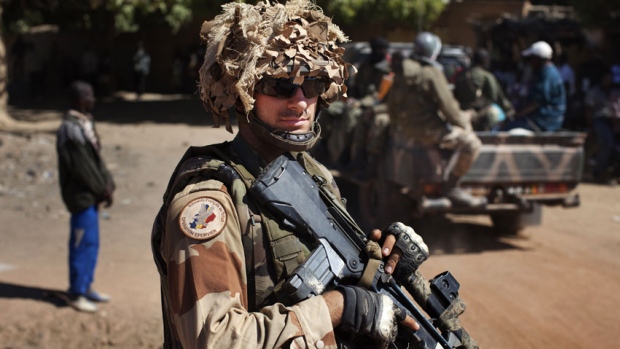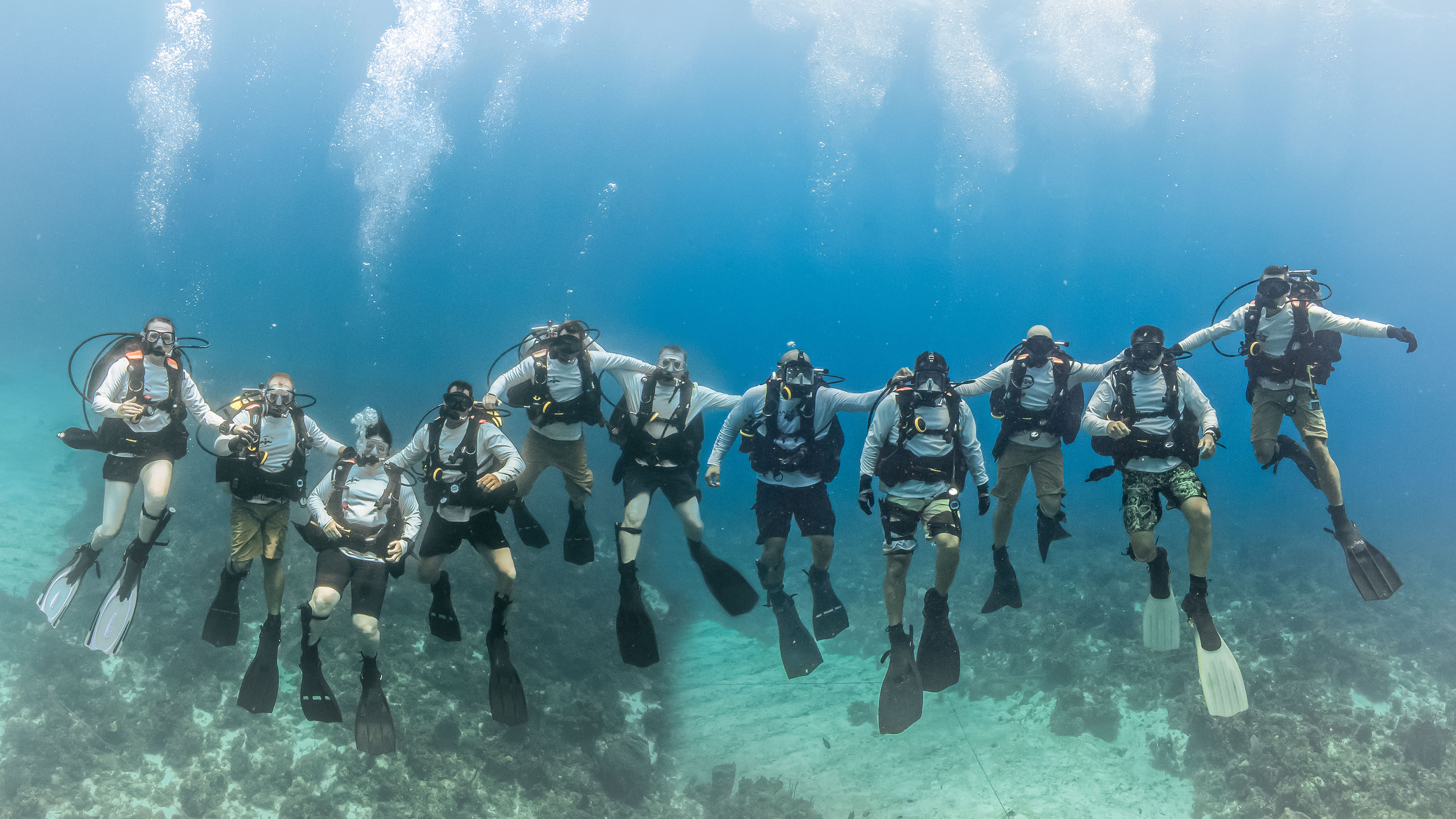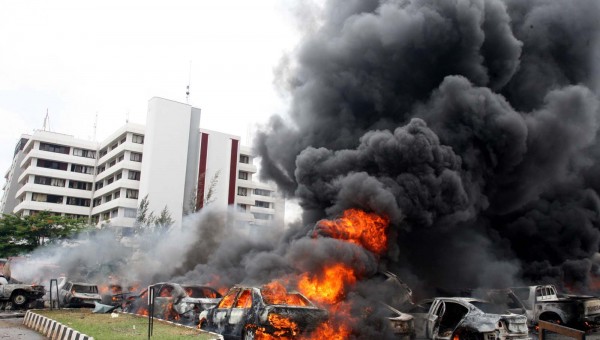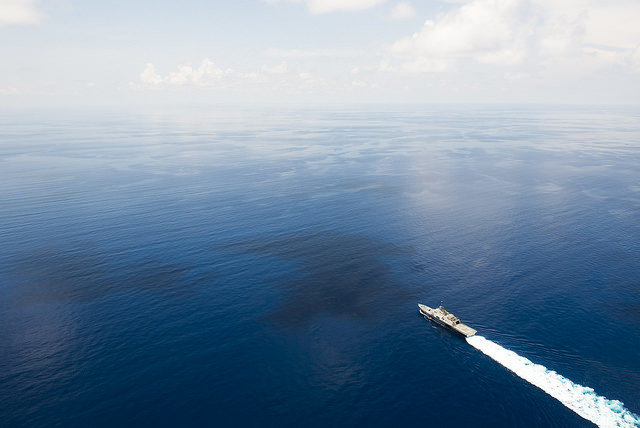After three months of intense fighting, France has begun to withdraw its official military presence from Mali. If this departure proceeds according to the envisioned timetable, the French presence will be reduced from 4,000 to 1,000 troops by the end of the year. Meanwhile, Chad has also announced the withdrawal of its 2,000 troops from the country, a detachment which has served as the core of the African-led International Support Mission to Mali (AFISMA).
The security situation in Mali may have sufficiently improved for the withdrawal of these military personnel, but humanitarian conditions continue to deteriorate. As of early April 2013, neighbouring countries had received approximately 155,000 Malian refugees, while an estimated 200,000 civilians were displaced internally. The situation is exacerbated by a severe food shortage brought about by a regional drought in 2012. According to the European Commission, the latter has caused 4.6 million people to experience food insecurity, with children being the most affected. According to the report, 560,000 Malian children under the age of five are experiencing acute malnutrition.
To address this deepening crisis, the Atlantic community has put forward considerable assistance for the Sahel countries. The United States has emerged as the biggest contributor with the State Department, USAID, and other government institutions providing nearly $470 million in the past year. In 2012, the European Union contributed a total of €111 million, partnering with UN agencies and various NGOs to deliver this humanitarian aid to affected communities. In January 2013, the European Commission assigned an additional €20 million in emergency funding to Mali. Canada has also provided a total of $57.5 million in aid.
But this aid is now in jeopardy. The continued instability in the northern regions of Mali severely hinders these humanitarian efforts. For example, the World Food Program’s food distribution in the north remains suspended until, according to the CBC, “the security situation allows”. Several smaller organizations, such as Norwegian Church Aid, have also temporarily halted their work, while the Red Cross/Red Crescent has only met with limited success in carrying out major food distributions in northern Mali.
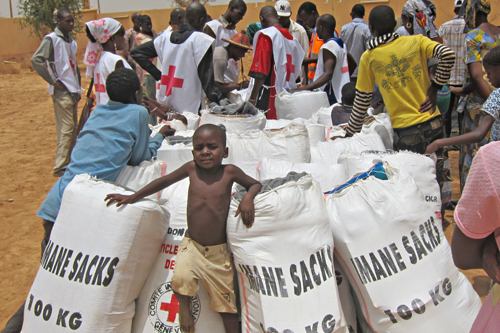
Until recently, amid tentative agreements to a ceasefire, Ansar Dine and other Islamist factions in the affected region had allowed aid groups to enter disputed territories and render humanitarian assistance there. But with remaining rebel groups now mounting a campaign of insurgency, aid agencies are at increased risk of coming under attack. One major concern in the aftermath of all the fighting is that the considerable humanitarian assistance set aside by the US, EU, and Canada will not reach those most in need.
A possible solution may be to utilize the remaining French and AFISMA troops to secure a humanitarian corridor. Calls for such measures have come from some Malian leaders, such as Archbishop Jean Zerbo, since January. Such a humanitarian corridor would require the involvement of troops to escort aid workers and convoys to communities in northern Mali where insurgents may still operate. This would address the security concerns raised by Malian officials earlier this year – namely the potential for rebels to seize food, medication, and other resources intended for the civilian population, much as was encountered by the World Food Program and other UN agencies during the response to the 1992 Somali famine.
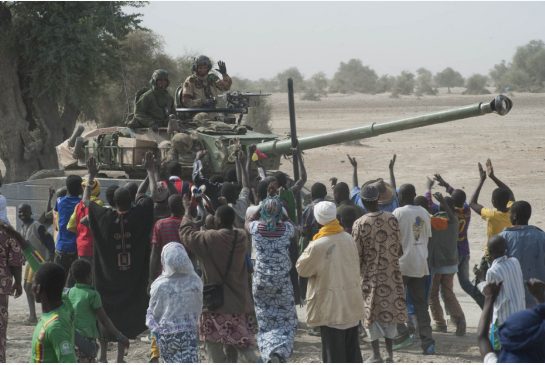 Re-orienting the forces in Mali for this new mission is of increasing urgency. Under current conditions, the UN High Commissioner for Refugees anticipates that the levels of displacement caused by the conflict and the famine will increase markedly by December 2013, with an estimated 50,000 refugees in Burkina Faso, 60,000 refugees in Niger, and an increase from 200,000 to 350,000 displaced persons in Mali. The importance of ensuring security for the parliamentary and presidential elections planned for July cannot be under-stated. But if humanitarian conditions continue to worsen, there is significant potential for the Malian conflict to proliferate across the Sahel at a time when NATO member states may not be able to afford another intervention on the scale of Operation Unified Protector, which saw elements of the Royal Canadian Air Force deployed to enforce a no-fly zone over Libya through much of 2011. Securing a humanitarian corridor will be less expensive in terms of military resources and, more importantly, in terms of human life.
Re-orienting the forces in Mali for this new mission is of increasing urgency. Under current conditions, the UN High Commissioner for Refugees anticipates that the levels of displacement caused by the conflict and the famine will increase markedly by December 2013, with an estimated 50,000 refugees in Burkina Faso, 60,000 refugees in Niger, and an increase from 200,000 to 350,000 displaced persons in Mali. The importance of ensuring security for the parliamentary and presidential elections planned for July cannot be under-stated. But if humanitarian conditions continue to worsen, there is significant potential for the Malian conflict to proliferate across the Sahel at a time when NATO member states may not be able to afford another intervention on the scale of Operation Unified Protector, which saw elements of the Royal Canadian Air Force deployed to enforce a no-fly zone over Libya through much of 2011. Securing a humanitarian corridor will be less expensive in terms of military resources and, more importantly, in terms of human life.

